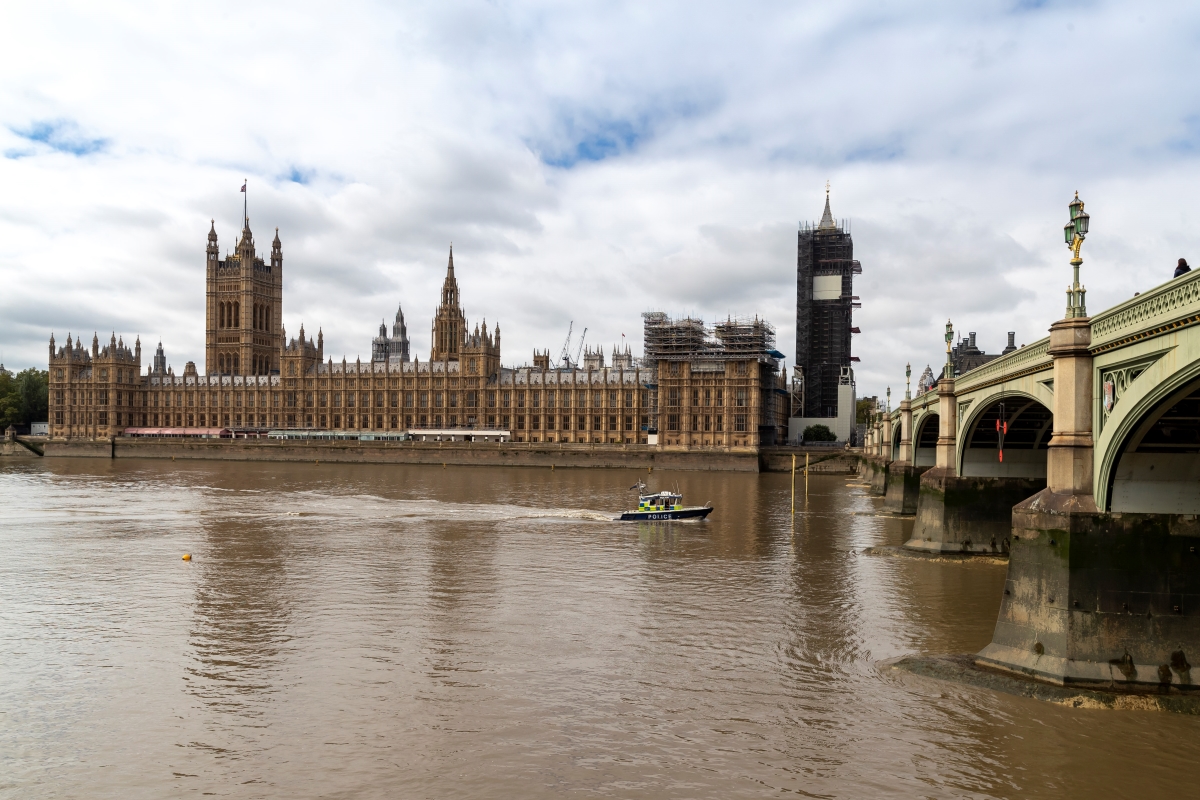The UK Parliament approved the government’s new tax plan to fund its National Health Service (NHS) and adult social care services as the Covid-19 pandemic has illuminated chronic problems in these systems.
The House of Commons voted by 319 to 248 to back the Health and Social Care Levy, a new 1.25 per cent tax on workers and employers across the country, with dividends rates increasing by the same amount, to be effective from next April, reports Xinhua news agency.
Advertisement
The tax will initially be a 1.25 percentage point increase in National Insurance and from 2023, it will become a separate tax.
The move will tackle the backlog caused by the pandemic and “catastrophic costs” faced by millions, Prime Minister Boris Johnson said, expecting almost 36 billion pounds ($49 billion) to be raised over the next three years, which goes directly to health and social care across the whole country.
Some Conservatives fear the party is steering away from its low-tax position, and this could cost votes in the next election in 2024.
Johnson admitted no Conservative government wants to raise taxes and this breaks a manifesto commitment.
“But a global pandemic was in no-one’s manifesto,” he defended the move, adding that people in this country understand that in their bones and they can see the enormous debts the government has taken.
Opposition Labor Party leader Keir Starmer criticised the tax was unfair on working people, which means a care worker on the minimum wage will receive a tax rise but not a pay rise.
There is also opposition from the employers. Suren Thiru, Head of Economics at the British Chambers of Commerce, said: “Businesses strongly oppose a rise in national insurance contributions as it will be a drag anchor on jobs growth at an absolutely crucial time. Firms have been hammered by 18 months of Covid-19 related restrictions and have built up huge debt burdens.”
The policy amounts to the biggest personal tax rise in two decades and will increase Britain’s tax burden to its highest level in 70 years, according to the British daily national newspaper The Times.











